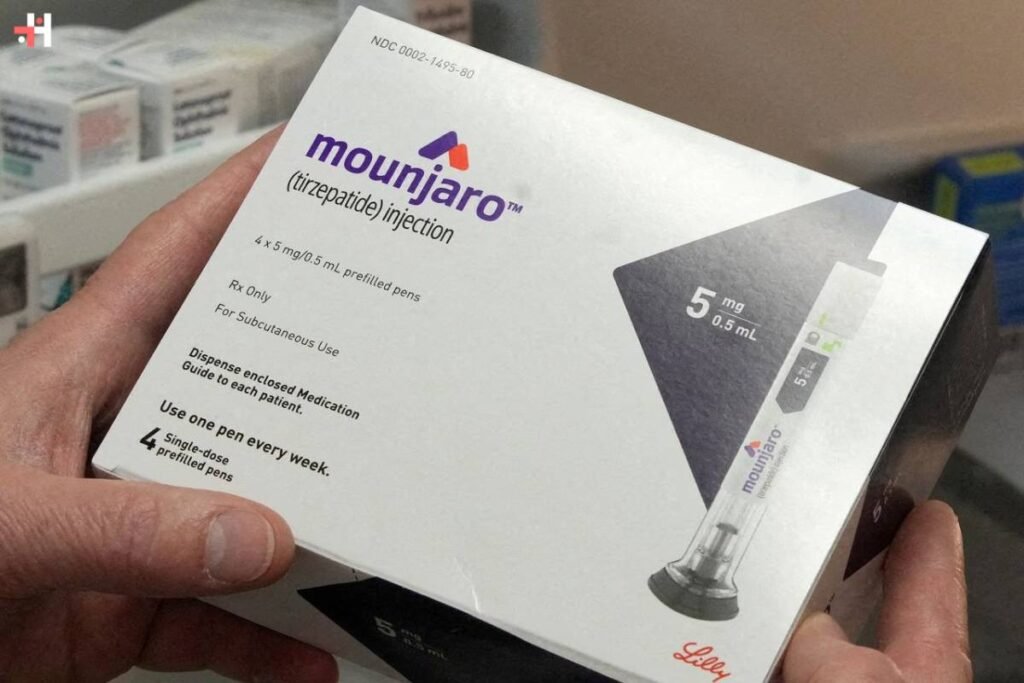Recent research conducted by Epic Research suggests a potential link between weight loss drugs and a decreased likelihood of depression and anxiety diagnoses. The study, published on Tuesday, examined the medical records of over three million diabetic patients and nearly one million non-diabetic individuals who were prescribed GLP-1 medications, commonly known by brand names such as Ozempic, Wegovy, Zepbound, and Mounjaro.
Key Findings on GLP-1 Medications
Semaglutide, an active ingredient in medications like Ozempic and Wegovy, showed promising results. Diabetic patients taking Semaglutide demonstrated a 45% lower likelihood of depression diagnosis and a 44% lower likelihood of anxiety diagnosis, according to the study. Similarly, Tirzepatide, found in medications like Mounjaro and Zepbound, was associated with a 65% reduced likelihood of depression diagnosis and a 60% reduced likelihood of anxiety diagnosis among diabetic patients.
The study suggests that drugs primarily approved for treating type 2 diabetes may have additional benefits in managing mental health conditions like depression and anxiety. However, lead researcher Kersten Bartelt cautioned against premature conclusions, stating that further research is needed to fully understand the implications. While these findings offer hope for patients, Bartelt emphasized the importance of exercising caution before prescribing these medications for mental health purposes outside of diabetes or weight management.
FDA Review and Patient Records
The study’s publication follows a recent preliminary review by the Food and Drug Administration (FDA), which found no evidence linking weight loss drugs to suicidal thoughts. Utilizing electronic patient records, the study focused on individuals diagnosed with anxiety and/or depression. However, it is essential to note that this approach may have excluded individuals who experienced symptoms of these mental health conditions but were never formally diagnosed.
New study highlights benefits of weight loss drugs
Unanswered Questions
Despite the promising results, uncertainties remain regarding the mechanisms behind the observed reduction in depression and anxiety diagnoses. It remains unclear whether these outcomes are directly attributable to the medications themselves, the process of weight loss, or a combination of both factors. Further research is necessary to elucidate these complexities and determine the precise role of weight loss drugs in mental health management.
While the study sheds light on a potential association between weight loss drugs and improved mental health outcomes, it underscores the need for comprehensive research to validate these findings. As healthcare professionals navigate treatment options for patients with both diabetes and mental health concerns, continued investigation into the dual benefits of these medications remains paramount.









